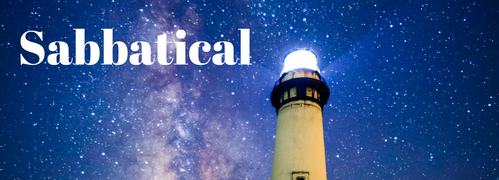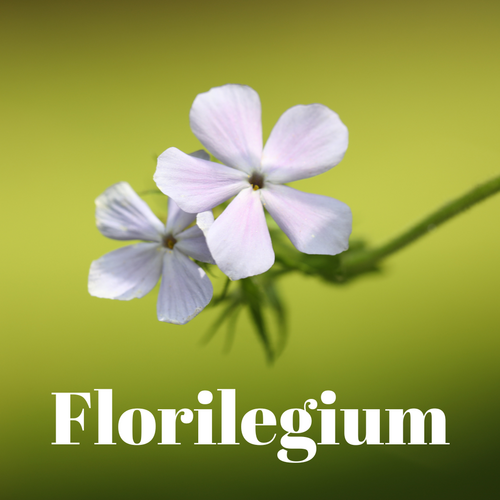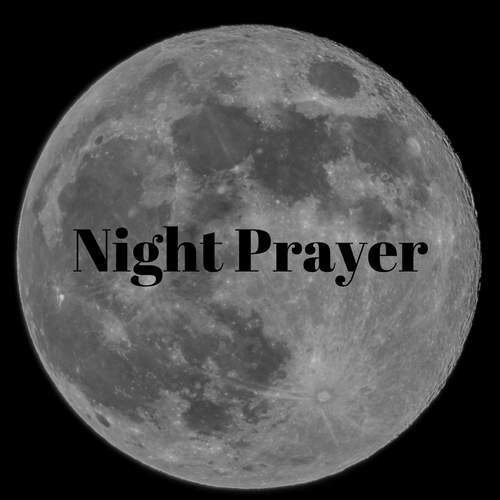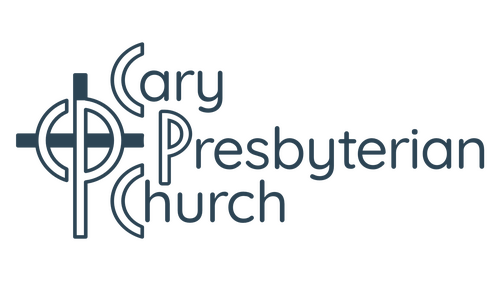

Daily Primer — June 16, Travel Day
Each day you will be given:
A Florilegium entry
A Daily Prayer
and a Night Prayer.
A Florilegium entry
A Daily Prayer
and a Night Prayer.

The Journey Beyond
Pilgrimage is best conceived as a never-ending process, which may include a travel pilgrimage to a sacred place, but which ultimately is expressed by a life understood to be a journey to God. Henry Ralph Carse, from whom I learned the concept of the Pilgrim’s Compass, writes eloquently about this:
“Pilgrimage is a sacred journey, a mode of ‘prayer in motion’ that is both radical and transforming. The way moves the pilgrim toward the ‘center out there,’ yet still remains hidden and intimate. The path is not defined by an external shrine or ‘holy place’, but by the intention of the heart.
A pilgrimage may begin at a crossroad in our personal life, at a crisis in our home community, or simply at a point of seeking. Always, the sacred journey moves us out of ourselves, toward a holy destination and a beloved gathering. The pilgrim learns compassion and trust through companionship with strangers encountered on the path, and they are strangers no more. In pilgrimage, the ‘other’ becomes our brother, our sister, our teacher and our friend.
Pilgrimage has been called an ‘elliptical journey;’ homecoming is as essential as going forth in every sacred quest. We return home from our pilgrimage, burdened with blessing and deeply changed. We return as honeybees return to the hive, not only with the nectar of healing, but with the pollen of new and transforming insights into our life and faith.”
Bringing Back The Boon
The question which lingers for each and every pilgrim as we turn back in the direction of home is this, “How has this blessing of pilgrimage prepared me to be a blessing to the world? How will the world now better receive its blessing through me?” We aim to return home ourselves, but a better version of ourselves; one who is more authentically one’s true-self; one who more fully has the heart and mind of Christ.
Our homecoming is a cause for celebration, not only for the gifts and insights received while on travel pilgrimage, but also for the ways in which we now more clearly see our home for what it truly is.
Pilgrimage is best conceived as a never-ending process, which may include a travel pilgrimage to a sacred place, but which ultimately is expressed by a life understood to be a journey to God. Henry Ralph Carse, from whom I learned the concept of the Pilgrim’s Compass, writes eloquently about this:
“Pilgrimage is a sacred journey, a mode of ‘prayer in motion’ that is both radical and transforming. The way moves the pilgrim toward the ‘center out there,’ yet still remains hidden and intimate. The path is not defined by an external shrine or ‘holy place’, but by the intention of the heart.
A pilgrimage may begin at a crossroad in our personal life, at a crisis in our home community, or simply at a point of seeking. Always, the sacred journey moves us out of ourselves, toward a holy destination and a beloved gathering. The pilgrim learns compassion and trust through companionship with strangers encountered on the path, and they are strangers no more. In pilgrimage, the ‘other’ becomes our brother, our sister, our teacher and our friend.
Pilgrimage has been called an ‘elliptical journey;’ homecoming is as essential as going forth in every sacred quest. We return home from our pilgrimage, burdened with blessing and deeply changed. We return as honeybees return to the hive, not only with the nectar of healing, but with the pollen of new and transforming insights into our life and faith.”
Bringing Back The Boon
The question which lingers for each and every pilgrim as we turn back in the direction of home is this, “How has this blessing of pilgrimage prepared me to be a blessing to the world? How will the world now better receive its blessing through me?” We aim to return home ourselves, but a better version of ourselves; one who is more authentically one’s true-self; one who more fully has the heart and mind of Christ.
Our homecoming is a cause for celebration, not only for the gifts and insights received while on travel pilgrimage, but also for the ways in which we now more clearly see our home for what it truly is.
Excerpt from The Way of the Pilgrim — Sacred Aspects - PHL.
Florilegium is the Medieval Latin word for bouquet, or more literally flowers (flos, flor-) which are gathered (legere). The word florilegium was used to refer to a compilation of writings, often religious or philosophical. These florilegium are literary flowers—beautiful words/prayers/thoughts I have gathered. During my sabbatical they will give me something to ponder each day. — PHL.

Lord, in whom we live and move and have our being, You are not far off and removed but in close with us. You are close enough to be our faithful shepherd, our companion along the way. Help us to abide in you and to see that you abide in us too, so that we can learn to stand before the face of the Lord, ever-present, all-seeing. We ask this in the name of the Father, and of the Son, and of the Holy Spirit. Amen.
Acts 17:28; Deut. 30:14; John. 15:4-7; Liturgy of the Hours — PHL.

Late was the hour when the angels rejoiced at the birth of our dear Lord Jesus, the Christ, and so now at the close of the day we rejoice in the peace they announced.
O God,
† To whom all the heavenly hosts sing praise,
† To whom the saintly church gives praise,
† To whom all right-spirits turn in worshipping song,
Have mercy on us, this night and at the hour of our death. All glory be unto you, Almighty God, who reigns forever, unto all the ages. Amen.
O God,
† To whom all the heavenly hosts sing praise,
† To whom the saintly church gives praise,
† To whom all right-spirits turn in worshipping song,
Have mercy on us, this night and at the hour of our death. All glory be unto you, Almighty God, who reigns forever, unto all the ages. Amen.
This night prayer is mine but is influenced by the prayers offered in the Order of Nocturn in Portús na hÉireann: A Book of Hours according to the Columbanian Tradition, translated and compiled by Dustin A. Ashley, pp. 157, 164.
